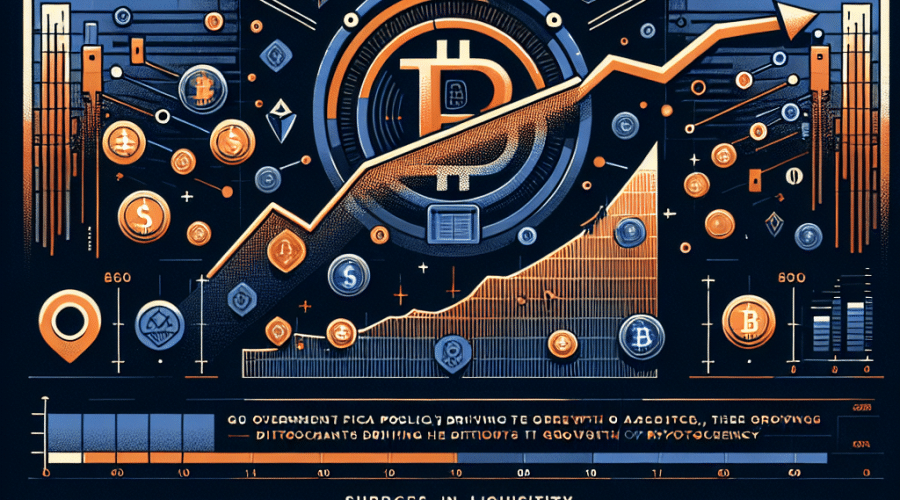Ripple and its legal representative have recently dismissed speculation suggesting the possibility of the U.S. government confiscating the company’s XRP tokens held in escrow accounts for use as national reserves. These rumors have been making rounds in recent times, causing a stir within a sub-section of the cryptocurrency community.
XRP Seizure Speculation Dismissed by Ripple Legal Counsel
Ripple’s legal counsel, Bill Morgan, countered claims made by analyst John Squire about the likelihood of the government confiscating the XRP holdings. Morgan stated emphatically: “No it wont.”
Potential for Technical Transfer Mechanisms and Their Limitations
A ripple validator known as Vet drew up a hypothetical process for transferring XRP stored in escrow to government coffers, without having to wait for the scheduled releases. He laid out a mechanism that involves altering the regular key of the XRP escrow accounts to an address controlled by the U.S. government. This would, in theory, allow the complete transfer of the tokens via a solitary transaction on the XRP Ledger.
However, Ripple’s senior software engineer, Mayukha Vadari expressed some significant drawbacks to this approach. This method would likely fail if the government wanted to execute a partial transfer as it operates on an all-or-nothing principle. The limitations showcased in Vet’s proposal underscore just how inflexible it could be in reality.
Motion Towards an SEC Settlement
Ripple’s negotiations with the Securities and Exchange Commission (SEC) over settlement terms are ongoing. Morgan has given the public some insights into the process, which began when Ripple and the SEC agreed to the terms of settlement on April 23, and then got approval from the SEC on May 8.
Despite the straightforwardness of the process, it had experienced technicality-based complications, with Judge Torres at one time rejecting their joint motion because of some technical errors. The parties corrected these errors and re-submitted a joint motion that adheres to Rule 60 on June 12, seeking the court’s nod on the settlement arrangement.
This settlement reduces the fine imposed on Ripple to $50 million and eliminates the injunction against XRP sales. With this agreement, both the appeal and cross-appeal will be nullified, thus bringing the prolonged litigation to close.
Ripple Not Liable for Criminal Wrongdoing
Legal observers have pointed out that the government typically seizes cryptocurrency assets in cases where heinous criminal conduct or national security threats are involved. In Ripple’s case, the SEC lawsuit is a civil one, hence forfeiture of assets is an unlikely outcome given that the company hasn’t admitted any criminal wrongdoing in the settlement.
Ripple’s Escrow Structure and Market Stability
Ripple’s escrow account framework, contrived to ensure market stability via controlled XRP releases, has remained untouched throughout the settlement process. The company holds a roughly estimated 50 billion XRP in its escrow accounts. It methodically releases up 1 billion tokens every month depending on how the market behaves. This well-organized approach has been instrumental in offering predictability to XRP markets and institutional clients.
In conclusion, the recent speculations surrounding potential government expropriation of Ripple’s XRP have been dispelled by the firm’s legal counsel. As the ongoing negotiation with the SEC is nearing its resolution, Ripple continues to provide market stability through its controlled release of tokens, ensuring predictability and reliability for its users.


















